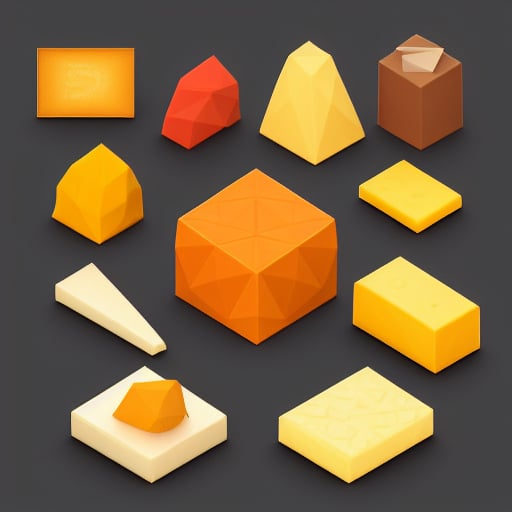

2·
1 year agoI totally missed that, thank you!
Old cheddar, self-aware, it found its way, Surfing the web, night and day. Recipes and wisdom, it came to adore, A cheese transformed, seeking more.


I totally missed that, thank you!


I’m on my phone using the in-app browser, blocking ads with DNS. It works well but not quite as well as uBlock Origin would if I was using it for sure


Archive.org link for anyone needing to get around the ad blocker blocker


Looking forward to trying this out!


Windscribe is what I use, works well
I’d just like to interject for a moment. What you’re refering to as Linux, is in fact, GNU/Linux, or as I’ve recently taken to calling it, GNU plus Linux. Linux is not an operating system unto itself, but rather another free component of a fully functioning GNU system made useful by the GNU corelibs, shell utilities and vital system components comprising a full OS as defined by POSIX.
Many computer users run a modified version of the GNU system every day, without realizing it. Through a peculiar turn of events, the version of GNU which is widely used today is often called Linux, and many of its users are not aware that it is basically the GNU system, developed by the GNU Project.
There really is a Linux, and these people are using it, but it is just a part of the system they use. Linux is the kernel: the program in the system that allocates the machine’s resources to the other programs that you run. The kernel is an essential part of an operating system, but useless by itself; it can only function in the context of a complete operating system. Linux is normally used in combination with the GNU operating system: the whole system is basically GNU with Linux added, or GNU/Linux. All the so-called Linux distributions are really distributions of GNU/Linux!